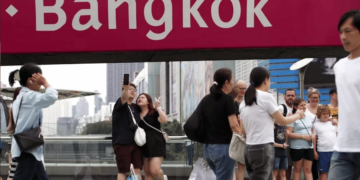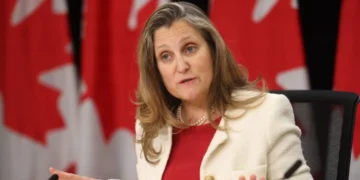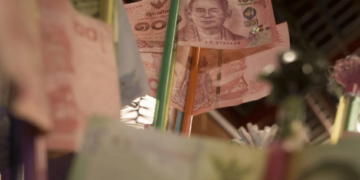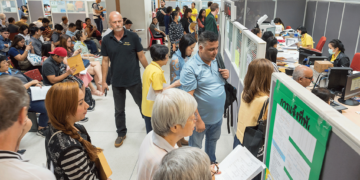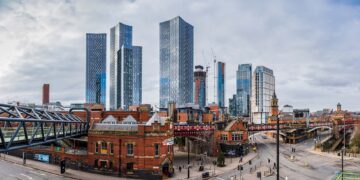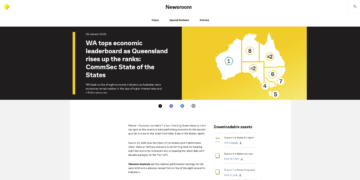Thailand’s New 99-Year Lease and 75% Foreign Condo Ownership Policy: A Double-Edged Investment Opportunity
The Thai government has announced a series of property market reforms aimed at stimulating the economy, attracting foreign investment, and addressing supply-demand imbalances. These reforms include:
- Extending land lease terms from 30 years to 99 years
- Increasing the foreign condo ownership cap from 49% to 75%
While the policies are designed to boost Thailand’s real estate market, they have sparked intense debate. Supporters see them as a strategic move to attract global capital, but critics warn of potential loss of national control and rising living costs.
Investor Perspective: Why the New Policy Is Attractive
Longer Lease Terms: Greater Investment Security
Foreign investors have long expressed dissatisfaction with Thailand’s 30-year lease limit — one of the shortest in Asia. Extending it to 99 years would provide greater security and stability, reducing the need for frequent lease renewals and lowering investment risk.
A 99-year lease term would bring Thailand more in line with global standards:
- Singapore: 99-year and 999-year lease options available
- UK: Leasehold properties up to 999 years
- Hong Kong: Lease terms of up to 999 years
This change would make Thailand’s property market more appealing for long-term investments, including the construction of villas and residential projects.
Higher Foreign Condo Ownership Cap: Easing Supply-Demand Imbalance
The proposal to increase the foreign condo ownership cap from 49% to 75% has been well-received by developers and international buyers — especially in tourism hotspots like Phuket, Pattaya, and Koh Samui, where demand from foreign buyers consistently outstrips supply.
Why It Matters:
- Current ownership limits have restricted developers’ ability to meet foreign demand.
- Raising the cap would increase sales, particularly in high-demand areas.
- Foreign voting rights in condominiums would remain capped at 49%, ensuring Thai residents maintain majority control in property management decisions.
Reviving the Real Estate Market and Driving Economic Growth
Thailand’s real estate sector has been under pressure, with approximately THB 370 billion worth of unsold condominium inventory in Bangkok alone.
Economic analysts expect the policy to:
- Boost foreign property investment
- Reduce excess inventory
- Stimulate tourism-linked property markets
The extension of lease terms and higher foreign ownership limits would also attract retirees and high-net-worth individuals seeking long-term residency in Thailand. This would increase tax revenue, support construction activity, and boost local consumption.

Criticism: Concerns Over National Resources and Rising Costs
Not everyone is enthusiastic about the changes. On Thai social media, opposition to the policy has been vocal:
🗣️ @Somchai_Kai:
“30 years is already long enough. 99 years is practically selling out our country!”
🗣️ @Kasama_Thognuch:
“Look at Phuket — foreigners have taken over the whole island. Locals are priced out of the core areas!”
🗣️ @PaulEagle6281:
“This reminds me of the British leasing Hong Kong for 99 years. We shouldn’t repeat that mistake!”
Key Concerns:
- Loss of national control over prime land
- Increased competition for property, driving up prices and making housing less affordable for locals
- Potential for “foreign enclaves” in key tourism and economic zones
Supporters’ Perspective: A Step Toward Globalisation
Proponents argue that the reforms are essential for Thailand’s long-term economic competitiveness:
🗣️ @JohnCafeTime:
“The UK allows 999-year leases, and they don’t see it as selling out. We need to think globally.”
🗣️ @Aue_Suphat:
“If the real estate market collapses, the whole economy will suffer. Extending lease terms is a smart long-term play.”
🗣️ @SkyD1321:
“Singapore has done this successfully. Keep land under government ownership, lease it out, and everyone benefits.”
Strategic Benefits:
- Increased foreign capital inflow
- Boost to infrastructure and urban development
- Enhanced global competitiveness in the property sector
Challenges and Government’s Response
🏛️ Prime Minister Settha’s Reassurance
Prime Minister Settha Thawisin defended the policy, stating that the objective is to revitalise the economy while protecting local interests:
- Voting rights in condominiums would remain limited to 49%.
- The government would establish a transparent regulatory framework to monitor and control foreign investment in the property sector.
“This is about economic growth, not selling out national assets.”
🏙️ Balancing Foreign Investment and Local Interests
Property market experts suggest that the government could:
- Restrict the 99-year lease policy to designated economic zones and tourism hubs
- Introduce tax measures to prevent excessive property price inflation
- Establish clear guidelines to ensure that profits from foreign investments benefit the local economy
Outlook: A Strategic Move with Long-Term Implications
| Factor | Positive Impact | Potential Risk |
|---|---|---|
| 99-Year Lease Term | Greater investment security, increased foreign interest | Loss of local control over land use |
| 75% Foreign Ownership Cap | Increased property demand and liquidity | Rising property prices for locals |
| Tourism Market Impact | Boost in property-linked tourism investment | Potential for “foreign enclaves” |
| GDP Growth | Higher construction activity and tax revenue | Widening gap between foreign and local buyers |
Conclusion
Thailand’s proposed 99-year lease term and increased foreign condo ownership cap represent a bold shift toward greater global integration and investment attraction. If managed carefully, these changes could:
✔ Revive the real estate market
✔ Boost tourism and long-term foreign residency
✔ Increase economic growth and infrastructure development
However, balancing the benefits of foreign investment with local interests will be crucial. The government’s ability to implement clear regulations and maintain public confidence will determine whether this policy becomes a strategic success or a controversial misstep.
For foreign investors, this marks a rare opportunity in Thailand’s property market. For local residents, it’s a policy shift that will require close monitoring and thoughtful execution.



